Although decision-making follows a rational process, this is much less the case when it comes to making the right decision. 80% of executives attribute their success to their intuition (Source Jagdish Parikh Harvard Business School 1994) and their ability to make good decisions is not just a matter of pure rationality. On the contrary, it often requires us to follow new paths.
1. Collect as much information as you can.
The first step of a rational choice is to collect as much information as possible. Nevertheless, it is rarely the case that you have access to all the available information. Even with the internet, when you buy an apartment, the best deals are rarely available online. Moreover, as Herbert Simon, Nobel Prize winner in economics and theoretician of limited rationality, points out, “a wealth of information creates a poverty of attention”. To make the best decisions, select the most diverse information possible to get a head start on others. Take into account the most relevant information for your project and organise it.
2. Define your decision criteria beforehand
First of all, to make a decision you have to have clear and precise criteria. Generally, it is assumed that individuals seek to maximise their benefit. However, in business, decisions are rarely made alone and benefits differ between individuals. A good solution to overcome this difficulty is collegial decision-making. This facilitates decision-making based on criteria that are shared by all.
3. Anticipate the impacts of your decisions
The last fundamental parameter of decision-making is time. In an ideal and purely rational world we would be able to anticipate all the consequences of our actions in order to make a good decision. In practice this is clearly impossible. To help yourself, you can categorise four types of impact:
- On the structure: process, organisation of work.
- On colleagues: skills, management type, motivation.
- On systems: Information system, pay policy, promotion.
- On the corporate culture: the symbols, norms and principles shared by the greatest number within your organisation.
4. Lastly, have the courage to look again at your decisions
If the impacts of your decisions are not good, be brave enough to reconsider them. This will not affect your leadership, on the contrary, it will prove that you can learn from your mistakes. The quality of decision-making is judged by its result, not by the inflexibility of the person behind it.






